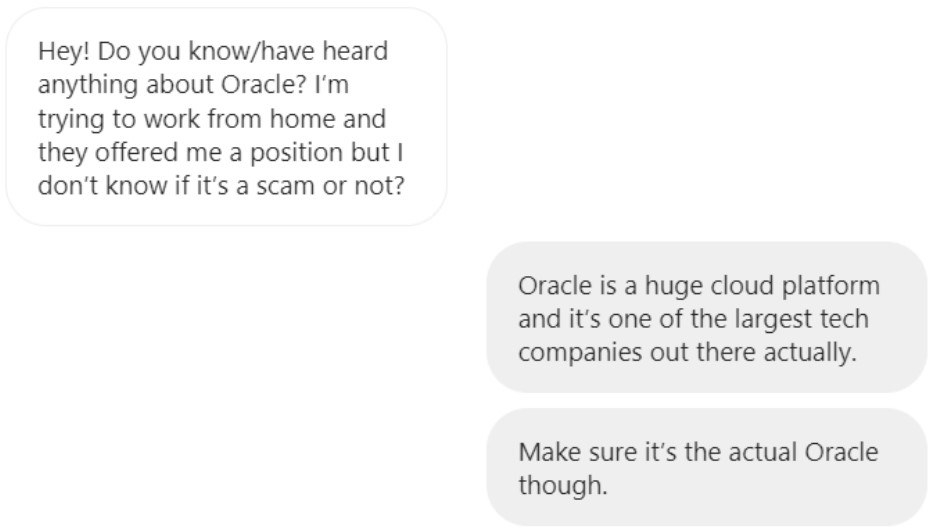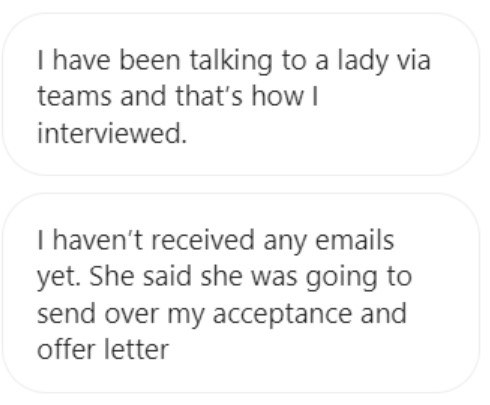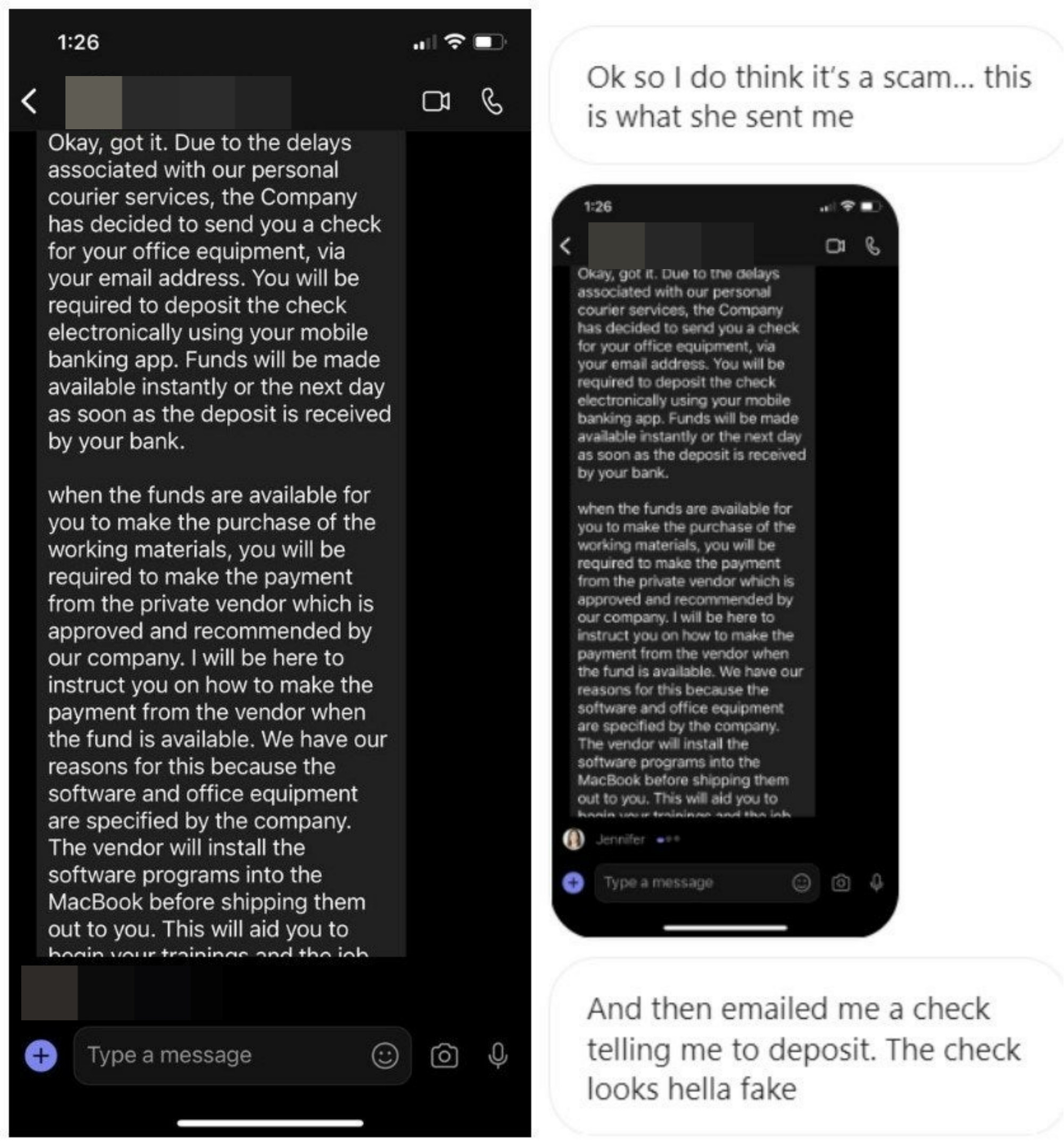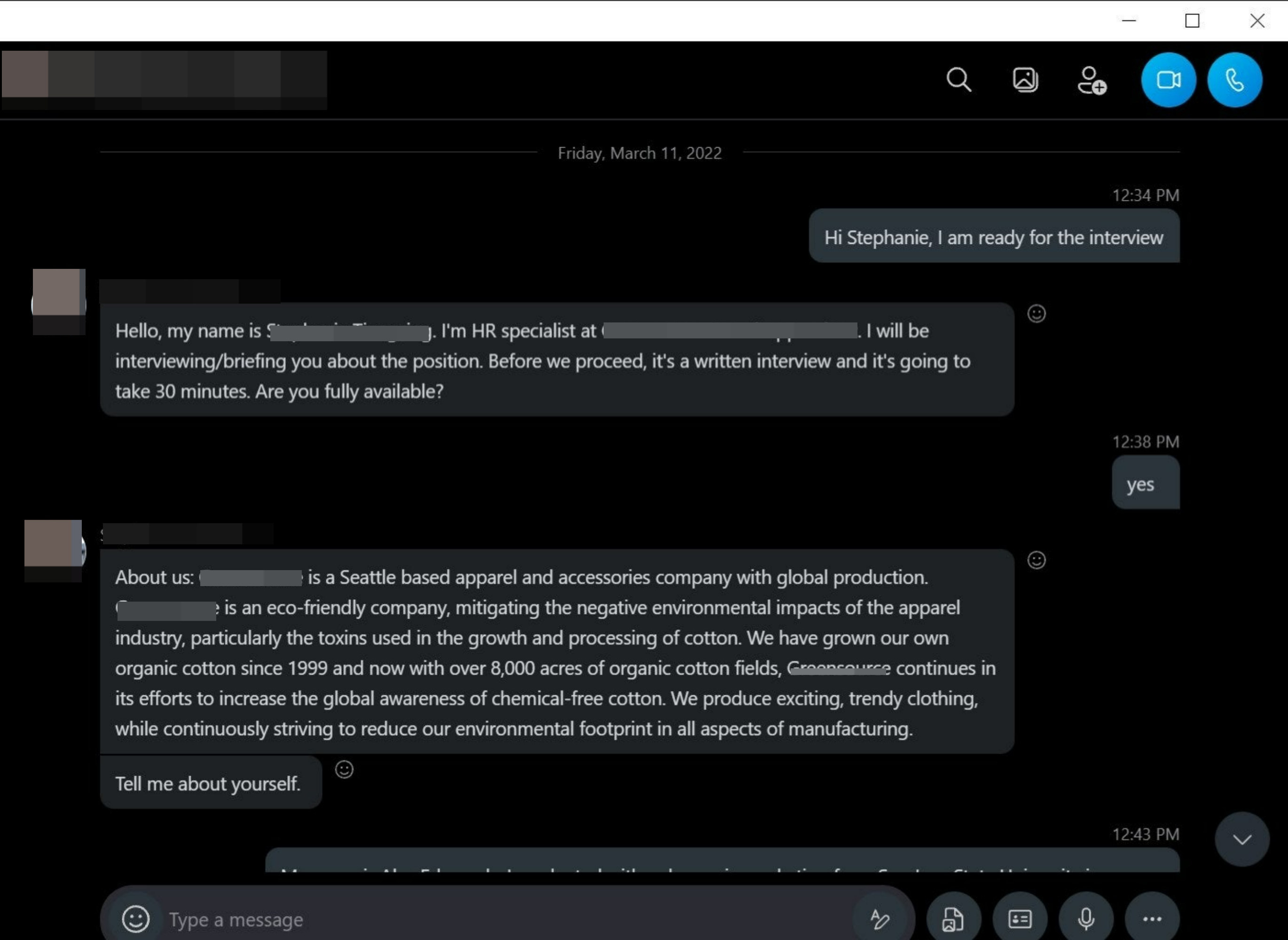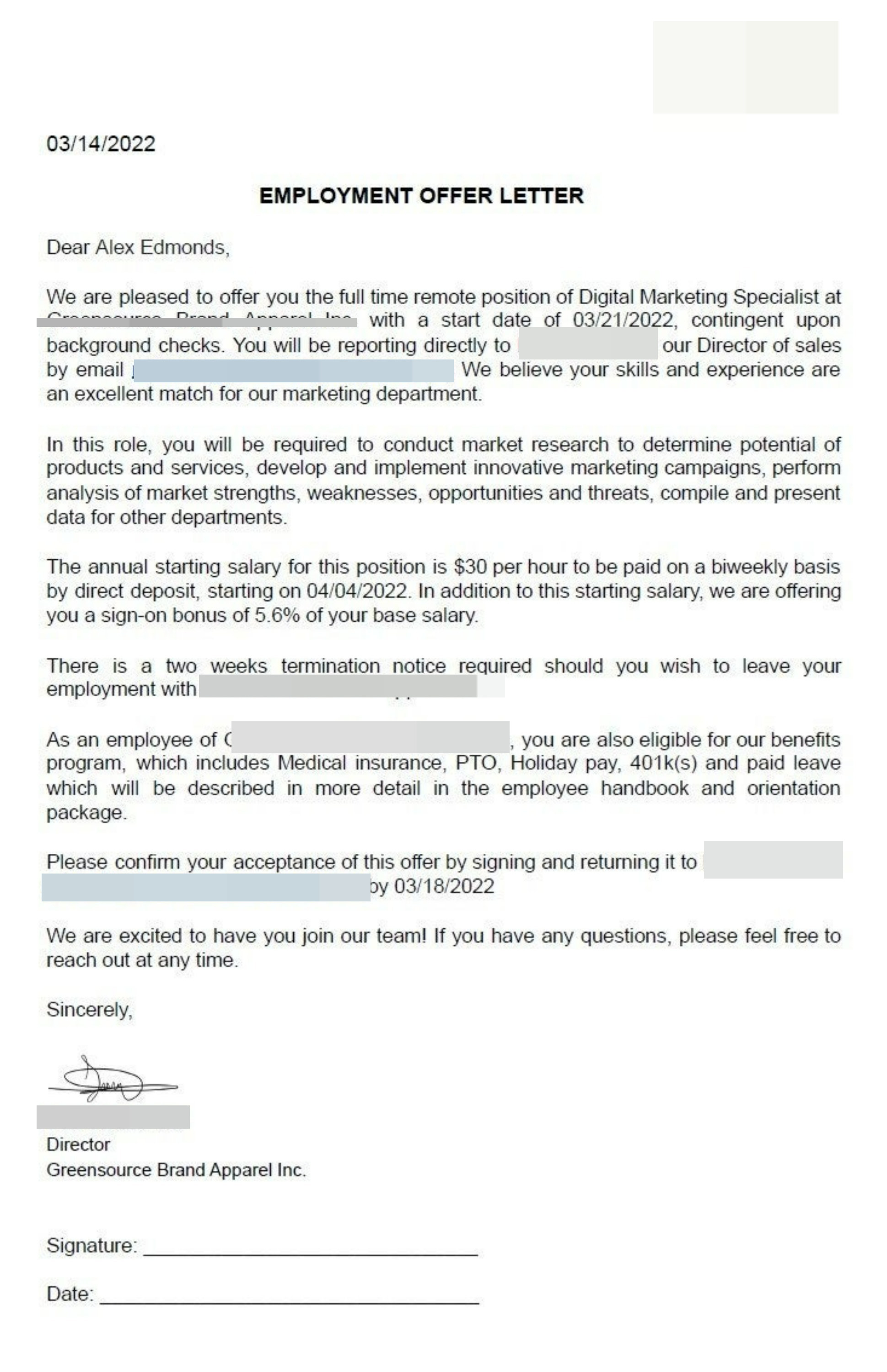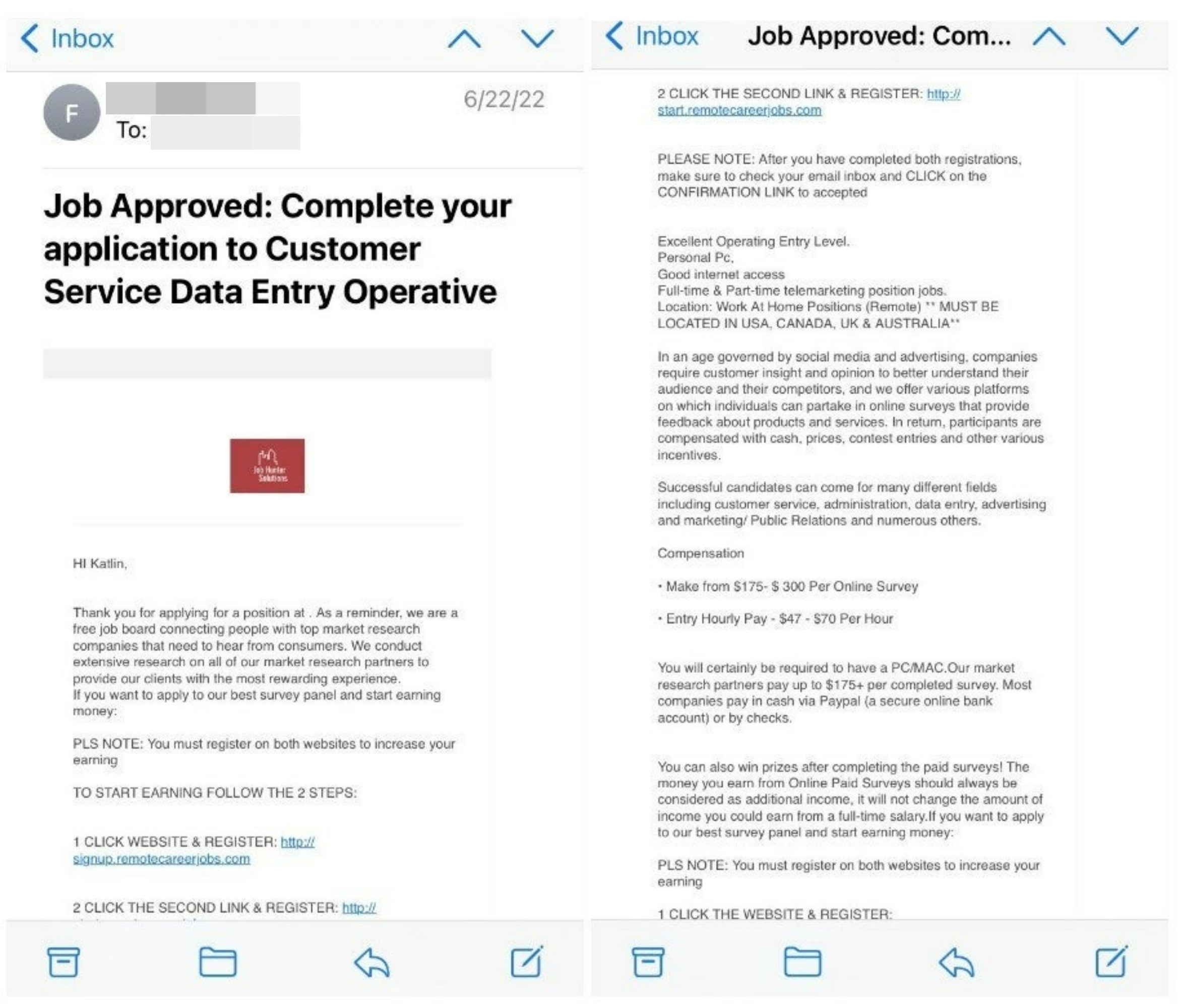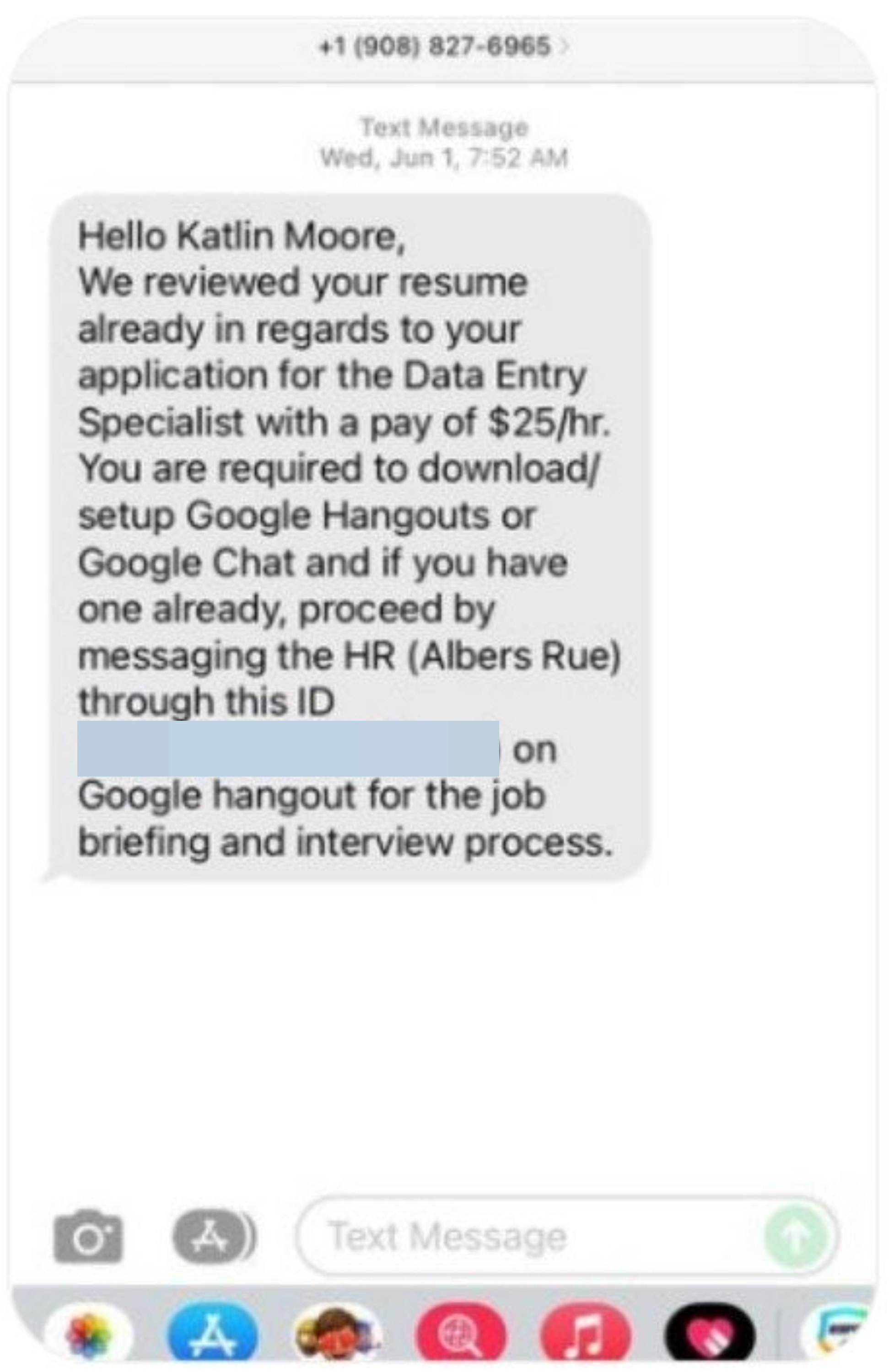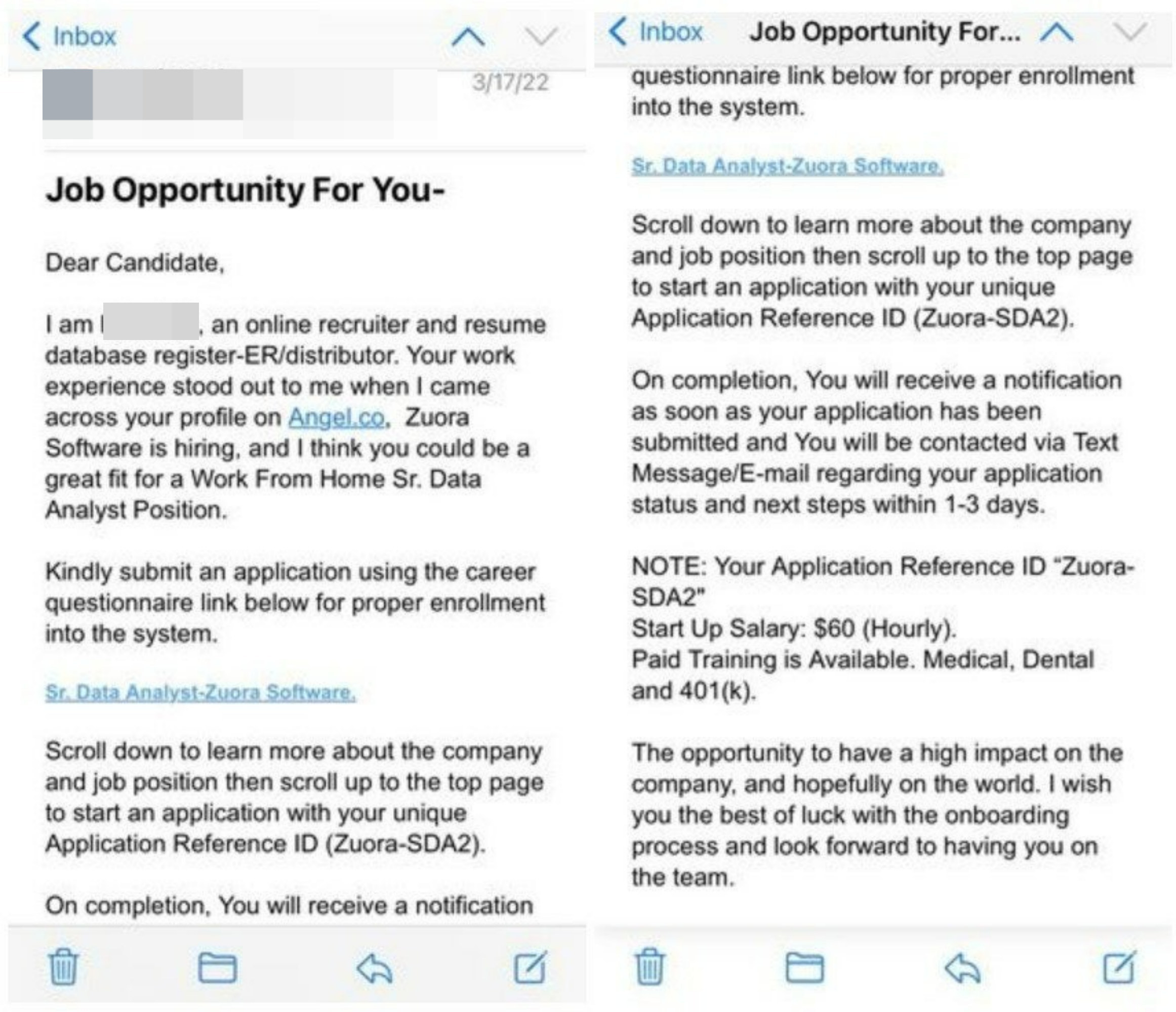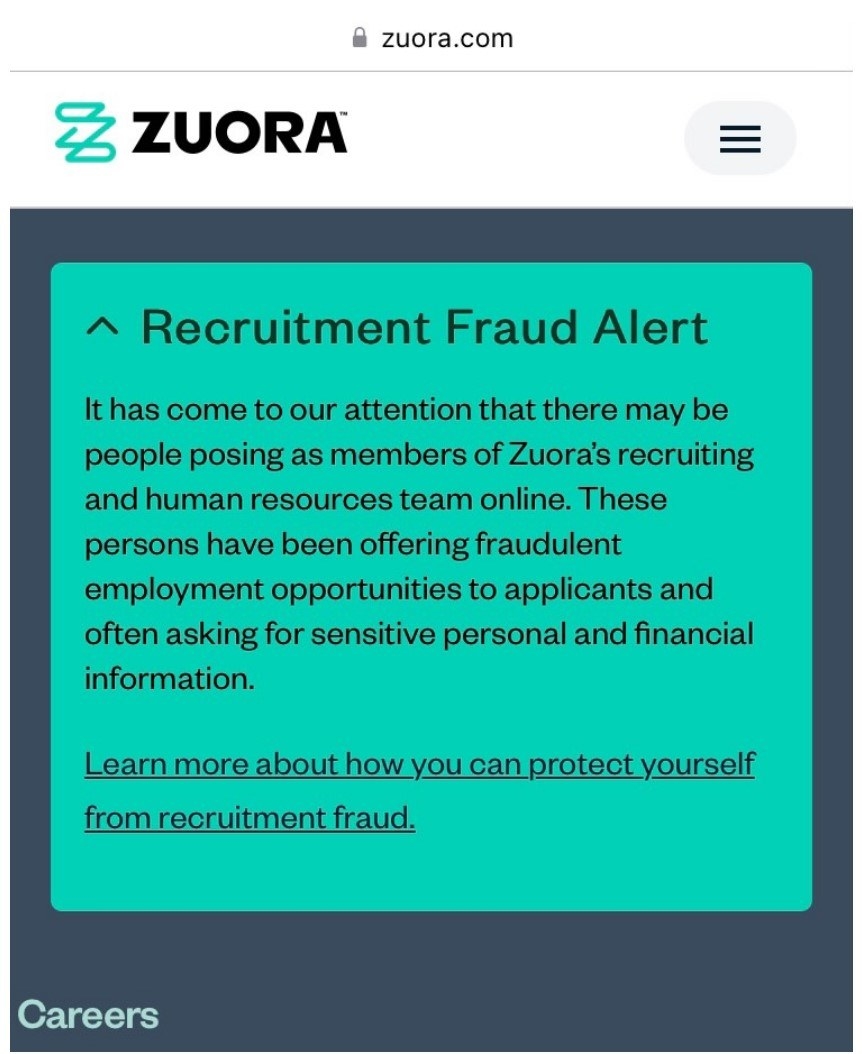During the last couple of years, the pandemic brought forward an abrupt move to remote work for some sectors. Because of it, you no longer have to work in tech or a similar field to get a remote job. Remote work is becoming more normalized than ever before. When people first find me or my content online, some ask if applying to remote jobs is even worth it because they are so sick of seeing scams. I get it. How are they expected to perform a successful job search when 80% of it’s filled with scams? I scroll through hundreds of remote job listings a day to share with my audience and clients to aid in their remote job search, and what I find is not pretty. They usually contain what you would normally expect from a job scam. The job description seems off with a lot of typos, grammatical errors, over-punctuation, and inappropriate usage of CAPS. There is a sense of urgency with little information about what you’ll actually be doing in the job. And they sound too good to be true with verbiage like “unlimited earning potential.” Instead of sharing a random collection of remote job scams I found on my own, I think first-hand accounts from my own followers and readers online would be much more helpful. A common online remote job scam is when scammers pretend to be a reputable company like Oracle. They’ll use people’s names at the company that they find on LinkedIn, then try to message you about the “job” as those people. So, when you search for them on LinkedIn to check if they are there, they seem legit. They’ll even spoof email addresses to make it seem like they work at the real company. But they’re complete imposters. A reputable company doesn’t go through a complicated check process like this to provide you home office equipment. If they provide equipment, they already have it in stock to mail it to you. If they cover a reimbursement or stipend for home office equipment, they will include that in your benefits or paycheck to cover that. This is another common scam to watch out for. That’s what Katlin also found when she shared with me two more scams going around: one on AngelList and one on Indeed. Again, we see this same trend of job scammers only reaching out via text and wanting to continue the conversation on a messaging app instead of emails and setting up a time for a formal interview process. This way, they can avoid having to use email addresses that might give up their cover. However, in this example, I don’t understand why they tried to keep it to only texting when they mentioned a gmail email address for the Google Hangout session. Anytime you see a gmail or hotmail email address being used, it most likely is a scam. Real remote jobs will use professional emails that use the company’s domain name. Double checking the company website to make sure the job listing is real and exists there should be an absolute MUST on your job search checklist for any job you apply for. I also recommend when applying for jobs, to do so directly on the company website to avoid conversing with an imposter scammer. The FTC classifies these companies as especially risky opportunities with 99% of MLM members losing money. As a “consultant,” you don’t actually work for them. You’re a contractor for them, but you don’t get paid unless you sell something or recruit someone. To me, that isn’t a job, and when they try to market their “consultant openings” as legit “remote Christmas staff,” that’s a huge red flag as another remote job scam. I spoke with Amanda who works for an Employment Ontario agency in northern Ontario, Canada and runs the career and finance blog My Life I Guess. She expressed that there has been a few job scams that even fooled her. “In one instance, the job posting looked real. They had a thorough and well-written job description, used a local company’s name, and used all of their proper contact information — except one. They used a fake email address under ‘how to apply,’ which was one letter different from the company’s real email,” she said. “A client applied for the role and received a response with completely different contact information, including a phone number from another country. After a few messages back and forth, the company asked him to deposit a check into his account, and he knew it was a scam and let us know. But it fooled all of us.” “Job scams are on the rise because it’s easy. The traditional hiring process where a job seeker attends an interview in person at the worksite and meets several staff members is less common. With more of the process being done online, especially for remote jobs, it’s much easier to pull off a scam,” said Amanda. “If you are actively job-seeking, you are putting your personal information out there on LinkedIn, Indeed, and other job boards and networking sites, which scammers can easily access. You are likely applying to dozens of different jobs every week, which can be hard to keep track of. It’s very easy to confuse a legitimate job that you directly applied to versus getting an unsolicited offer that is likely a scam.” The scammers won’t find you there.
